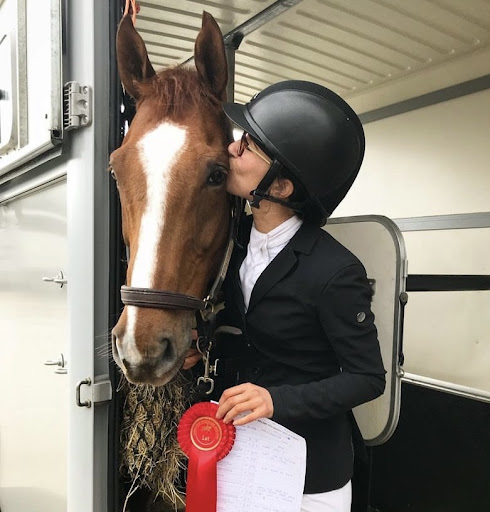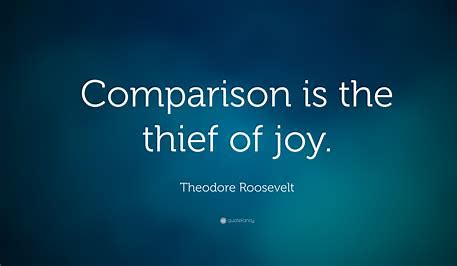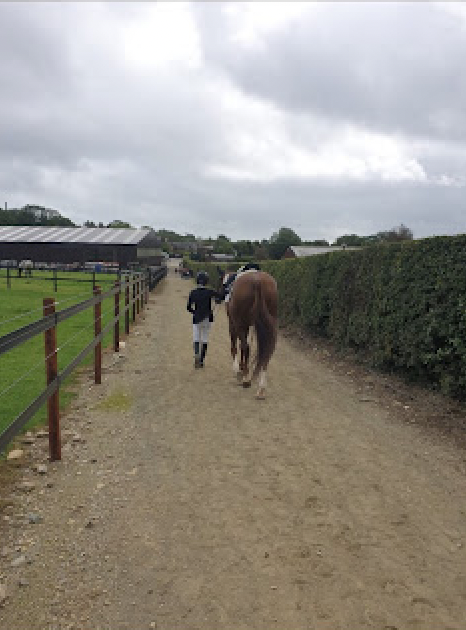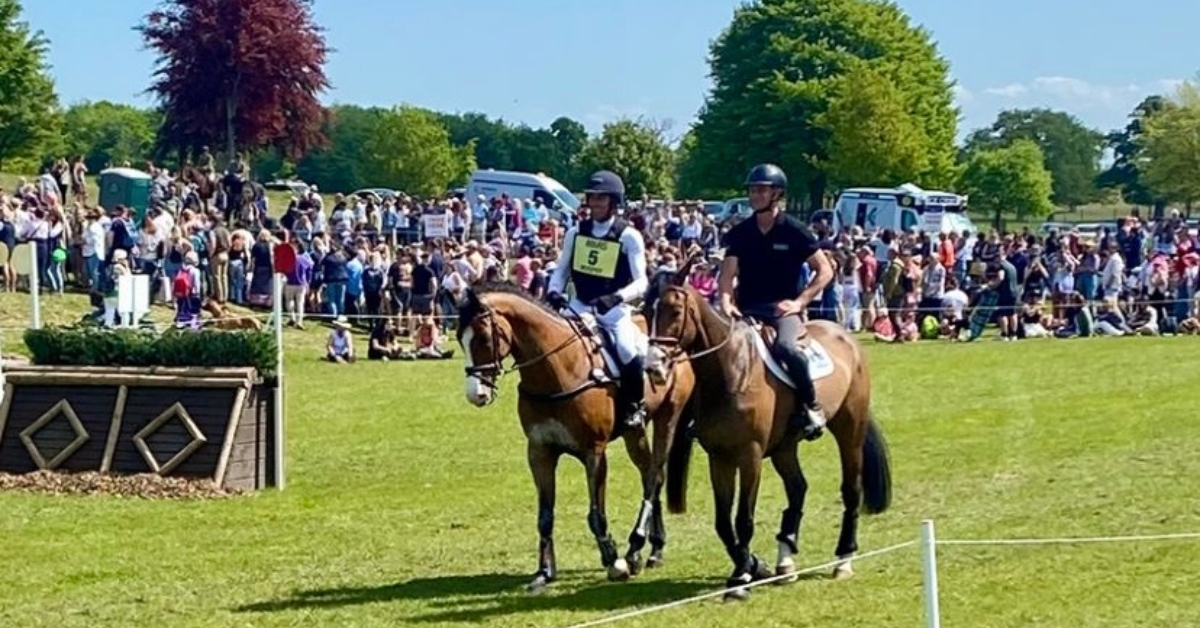As the dust settles on the competition season 2023 filled with highs and lows for many, it seems quite fitting we bring to the forefront of our reflections this important question:
Does the horse know the score?
This season we certainly witnessed some excitement and exceptional performances across various disciplines within the equine industry from Grassroots Riders to High Performance Squads. This season riders put their best hoof forward with their four legged partners, their trusted athletes, their horse of a lifetime, and climbed up placings even on a world ranking level. Leaderboards, scoresheets and rosettes can be viewed in many different formats, without a doubt contributing towards riders perception of success, however, does the horse know the score?

Does the horse acknowledge how well you did as a combination?
Does the horse understand the achievement?
Does the horse feel that sense of satisfaction?
Does the horse express joy in reaching these goals?
Let’s consider what these animals process as their understanding of joy or achievement or satisfaction. We have seen it time and time again, riders reaching their targets while some not, riders searching for marginal improvements while some merely gaining, riders thriving off successful outings while some swallowing their pride in sadness.
At the end of the day, when the wheels have stopped turning and you arrive safely home to unload, check in on yourself and your horse, did they enjoy the experience? If you think of how it made them feel, it may even allow you as a rider to develop upon openly building a stronger relationship with the horse. Think of it from their viewpoint, regardless of their age or mileage. Did you reward appropriately and praise effectively? Did the horse under you acknowledge its job and task was well thanked?
Like people, many horses work harder than others, for their riders. A series of factors influence this decision making process when we take ownership of it and research into their thought process and their way of thinking.

Roosevelt once quoted “Comparison is the thief of joy.” And that it really is. Many competitive riders find themselves in the driver’s seat of the comparison car. This not so nice car can travel at high speed and in some cases can lead to a toxic mindset, spiralling towards self judgement of capabilities in contrast to others. My advice to anyone who has buckled up in this comparison car, pull the handbrake before it crashes and get out and throw away the key. Bear in mind it can be important to note, comparison in one way can be healthy, if viewed and thought about logically with a level of growth mindset. It can be utilised for progress, for productivity and for practice.
Within my leadership speech at The Grassroots Rider Academy 2023, I highlighted the significance of progress. Practice making progress, from an education perspective. Here we can draw on the fact that as riders we practice and practice and practice some more, for the want of progress to be made. During the speech rooted in education, I encouraged readers, riders and the grassroots community, to only compare yourself and your horse to whom you were yesterday. Not others. Build yourself up using practice and progress, towards whichever goal and target you set. The winning formula contains and combines 5 benefits of practice:
For a moment, let’s leave to one side the concept of performance and level or category, and just focus on the horse’s behaviour and mindset through their own understanding. This is a huge field to navigate through in itself. Research shows that horses do understand the emotion of joy. Similar to other animals, trained or untrained, horses can acknowledge when their rider is experiencing certain emotions. While the method of how horses express joy is different to how people may showcase, research shows that horses can sense fear, anger, joy, loss, happiness. They differentiate between these emotions when they themselves feel it or their rider is feeling it. Be mindful of this the next time you are in training or the competition ring, with the concept of does your horse know the score being achieved.
Horses possess the ability to form strong bonds between them and their rider, often placing vast amounts of emphasis to please. Horses can help people develop their emotional benefits also, such as confidence, trust, non-verbal communication skills and bonding. They have a strong sense of emotional intelligence and the ability to read body language as well as facial expression. Referring to a previous article I wrote based on the concept of Respond V’s React, with knowing such information, it can provide riders with the knowledge to consider how to respond vs react the next time the scoreboard is scanned.

Next time you arrive through the finish line, or exit the whiteboards by giving a well deserved pat on the neck, take notice not only how you are feeling but also how your four legged athlete is feeling. Remember, horses can communicate their wants and needs through their eyes and ears, noticeably, when deep connections are formed as a combination there are additional ways and cues. Get to know what fills your horse’s emotional bucket and also on the flip side get to know what empties it. This will help you as an owner and rider to understand them more especially while out and about with rosettes and placings on the line.


Share
Your subscription is 100% Free for our first year, No credit card details required.

The Judging Concerns That Keep Coming Back — And Why They Can’t Be Ignored Anymore We didn’t make it to

There are few sporting events that live up to the hype. Wimbledon? Too many strawberries. Cheltenham? Too many suits. But

British Veterinary Association publishes full response to Competition and Markets Authority’s proposed remedies for veterinary market for household pets. The